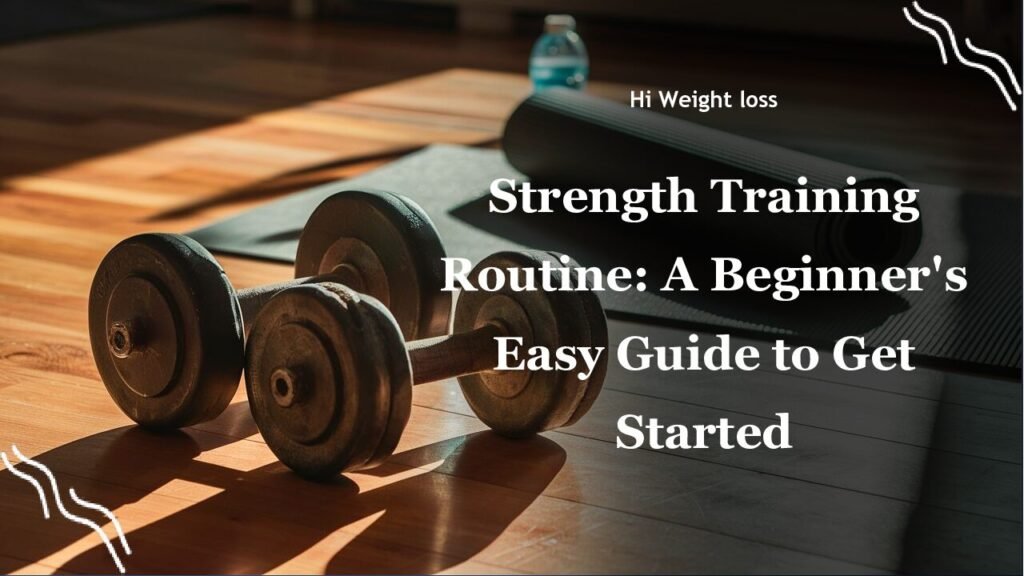“`
Feeling like you’re not doing enough for your health, even though you’re already walking daily? It’s a common worry. You’re putting in the effort but wonder if it’s actually making a difference. This article will explore the numerous benefits of walking and help you understand if it truly qualifies as sufficient exercise for your needs, drawing from my own experiences and research. We’ll look at the impact of walking on your cardiovascular health, weight management, and mental well-being, ensuring you have a clear picture of what you’re achieving with each step you take.
Is Walking Enough Exercise? Unveiling the Truth
Walking and Cardiovascular Health: More Powerful Than You Think
Let’s dive into the heart of the matter, literally. Walking, often underestimated, is a powerhouse for your cardiovascular system. Think of it as a gentle, yet effective, workout for your heart and blood vessels. I remember when my grandfather, who had a family history of heart issues, started a daily walking routine, and his doctor was pleasantly surprised by how much his blood pressure improved.
Walking is indeed a type of cardiovascular physical activity that enhances blood flow, helping to lower blood pressure and strengthen the heart. According to Harvard’s research on walking’s impact on health, it significantly reduces the risk of high blood pressure, high cholesterol, and diabetes. These are all major contributors to cardiovascular disease, and the fact that regular walking can mitigate these risks is quite remarkable.
Furthermore, studies have linked consistent walking to a reduced risk of early death, showing its profound impact on long-term health.
Benefits of Walking as a Form of Aerobic Exercise
Have you ever thought of walking as a powerful form of aerobic exercise? Many people associate aerobic exercise with intense gym sessions, but walking is a simple and very effective alternative. My friend Sarah, who dislikes traditional workouts, started walking regularly and was amazed by how much her stamina improved.
Walking is an easily accessible form of aerobic exercise. It’s a fantastic way to boost your heart rate and get your blood circulating. Aerobic exercise, like walking, plays a vital role in improving oxygen flow throughout your body, strengthening your heart, and boosting your overall health.

According to the Arthritis Foundation, walking has been shown to be beneficial for joint health. It helps by lubricating joints and strengthening the muscles supporting them. It is a low-impact exercise, which means that it’s gentler on your joints than other exercises like running.
Is Walking Sufficient for Weight Management?
Many people believe that intense workouts are the only way to achieve weight management. But walking plays a major part, especially if you’re trying to manage weight. It’s not about running marathons; even a brisk walk can be incredibly effective. My own experience has taught me that it’s about consistency and making gradual lifestyle changes.
A study at Harvard demonstrated that brisk walking for about an hour a day can cut the effects of obesity-promoting genes in half. This is important for you as it shows that walking can be a fantastic tool for counteracting your genetic predispositions when it comes to weight. The Harvard Health article on the 5 surprising benefits of walking highlights this point further.
Walking, combined with a balanced diet, is a powerful and practical way to maintain a healthy weight.
Walking and Its Impact on Mental Health and Stress Relief
Walking can be a powerful tool for stress reduction, as I’ve experienced firsthand on numerous occasions. Just taking a brisk walk outside can help clear your head, and you can enjoy the sunshine and the fresh air that surrounds you. It’s a simple yet effective way to cope with the demands of everyday life.
Exercise, including walking, is known to act as a stress reliever by boosting feel-good endorphins and providing a distraction from daily worries. The Mayo Clinic’s resources on exercise and stress emphasize the importance of regular physical activity for mental well-being.
Moreover, walking has been linked to a lower risk of age-related memory decline and dementia. Studies have shown that women who walked 2.5 miles per day had a significantly lower decline in memory, according to Arthritis.org..
Additional Benefits of Walking
Walking has more to offer than just physical benefits. It’s a comprehensive exercise that impacts many aspects of your health.
Firstly, regular walking can significantly improve your immune function. Those who walk at least 20 minutes a day have been found to have fewer sick days and milder symptoms when they do get sick. This means that something as simple as taking a daily walk can help keep you healthier throughout the year.
Secondly, walking is beneficial for your bone health. Walking can help prevent loss of bone mass, thereby reducing the risk of hip fractures. For instance, walking can reduce the risk of hip fractures in post-menopausal women by a significant amount.
Furthermore, research shows that walking just 2,337 steps a day can reduce the risk of death from cardiovascular disease, and 4,000 steps a day reduces all-cause mortality. According to Medical Economics, adding just 1,000 steps can lead to a 15% reduction in all-cause mortality, highlighting how every little bit of walking makes a difference.
How to Make Walking a More Effective Exercise
To truly maximize the benefits of your walking routine, consider these tips. My friend, Tom, found that changing up his walking routine made a huge difference, and he’s now even more motivated to walk regularly.
Firstly, aim for a brisk pace. Don’t just stroll; walk at a pace that gets your heart rate up. Incorporate hills into your route if possible. Walking up inclines is a great way to challenge your muscles and increase your cardiovascular workout.
Secondly, make it a habit. Try walking every day, even if it’s just for a short amount of time. Consistency is key when it comes to reaping the benefits of any exercise routine. Use a fitness tracker or a phone app to monitor your daily step count. This will give you a clearer understanding of how active you are.
Lastly, consider walking with a friend or listening to music or an audiobook. This can help make your walks more enjoyable and keep you motivated.
| Benefit | Description | Supporting Source |
|---|---|---|
| Cardiovascular Health | Improves blood flow, lowers blood pressure, strengthens the heart | Harvard, Arthritis.org |
| Weight Management | Counteracts obesity-promoting genes | Harvard Health |
| Stress Relief | Boosts endorphins, distracts from worries | Mayo Clinic |
| Immune Function | Reduces sick days and symptom severity | Harvard Health |
| Bone Health | Prevents bone mass loss, reduces hip fracture risk | Arthritis.org |
| Mental Health | Reduces memory decline and dementia risk | Arthritis.org |
| Joint Health | Reduces pain, prevents arthritis | Arthritis.org, Harvard Health |
| Mortality Risk | Reduces death risk from cardiovascular disease | Medical Economics |
Conclusion
Walking is indeed a powerful and accessible form of exercise. It not only strengthens your cardiovascular system but also aids in weight management, stress relief, and overall well-being. From my personal experience and the insights I’ve gained from others, I’ve seen how incorporating consistent walking into daily life can bring about significant positive changes. It’s a reminder that you don’t always need high-impact workouts to experience considerable health benefits. The key is consistency and making it a regular part of your lifestyle. If my grandfather could find benefits from regular walking, then you will as well.
So, are you ready to take the next step? Share this article with your friends or start your own walking journey today. Every step counts towards a healthier you.
FAQ
How many steps a day should I aim for?
Aim for at least 4,000 steps a day to significantly reduce mortality risk, and try to reach 10,000 if you can.
Is brisk walking better than a slow stroll?
Yes, brisk walking is better for your heart and overall health as it elevates your heart rate and provides a better cardiovascular workout.
Can walking help with weight loss?
Yes, walking can contribute to weight loss, especially when combined with a balanced diet and a consistent walking schedule.
Is walking enough to improve my mental health?
Absolutely, walking can act as a great stress reliever, improve your mood, and reduce the risk of age-related memory decline.
How does walking help with joint health?
Walking helps lubricate your joints and strengthens the muscles that support them, making it a low-impact exercise.
“`



